 |

VU
Lesson
35
RESUME
& APPLICATION LETTER
Chronological
Resume
Name
Address
Contact Nos.
Objective
Experience
November
2000 to present
· .
· .
· .
September
1998 to November 2000
· .
· .
· .
Education
1996-1998
___________________________________.
___________________________________.
1994-1996
Personal
Details
Language
and Technical Skills
Objective
1.
State Over Objectives
Experience
·
Organize
information chronologically
·
Draws
reader's attention to important
point
·
Provide
the sort of specific information on
duties and accomplishments
that catches the
employee's
eye
·
Highlight
duties and work achievements
in bulleted lists
·
Use
active language to describe
duties
·
Include
information headings throughout, making
it easy for potential
employers to find
work-
related,
education, or skills-information.
·
Make
each description concise, easy to
read and information
·
Avoid
the word I thoughtout
·
Use
no unnecessary words
Leadership
Experience (Extra Curricular
Activities)
· .
· .
Personal
Details
· .
· .
References
(Optional)
· .
· .
Listing
leadership positions in a separate
section is useful for the people entering
the job.
159
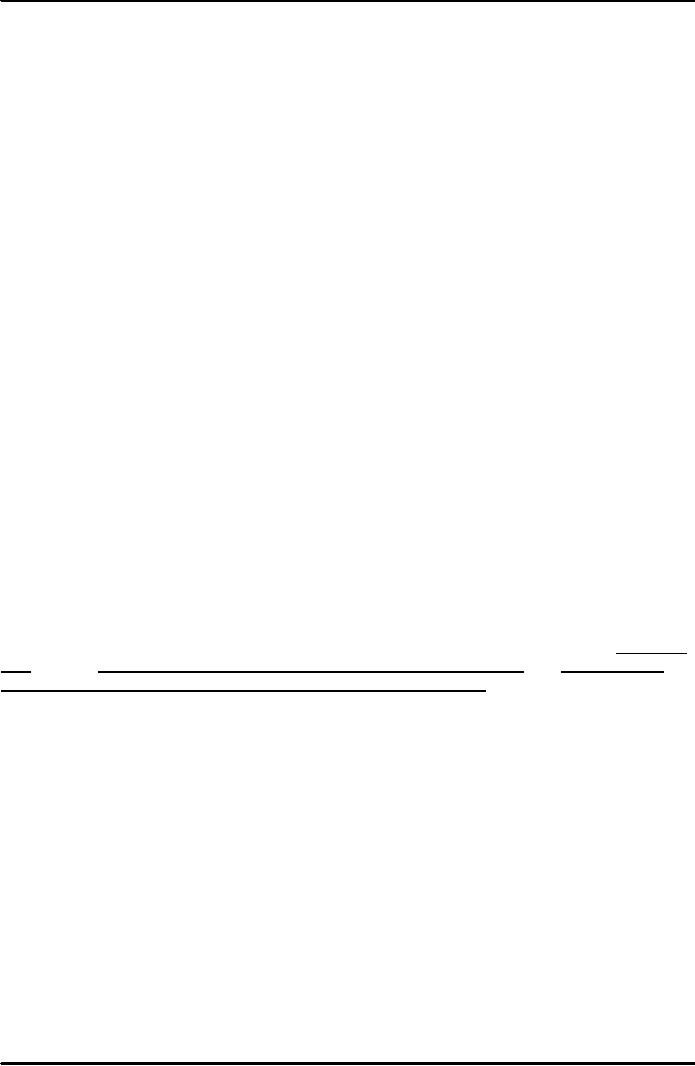
VU
Naeem
Ahmed
5687
Crosswood Road, Lahore
Home:
(042) 987-0086 Office:
(042) 549-6624
·
I
have been staff accountant/financial
analyst at AZ Corpration, Islamebad
from March 1999 to
present.
·
I
have negotiated with major
suppliers.
·
I
speak both English and Urdu
fluently, and I was recently
encouraged to implement an electronic
funds
transfer for vendor
disbursements.
·
In
my current position, I am responsible for
preparing accounting reports.
·
In
have audited financial
transactions.
·
I
have also been involved in
the design of a computerized model to
adjust accounts for
fluctuations
in
currency exchange
rates.
·
I
am skilled in the use of Excel, Access,
HTML, and Visual
Basic.
Was
staff accountant with ABC of
Agricultural Chemicals in Quetta, (October
1995 to March 1999).
·
While
with ABC Quetta, I was
responsible for budgeting and
billing.
·
I
was responsible for
credit-processing functions.
·
I
was also responsible for
auditing the travel and entertainment
expenses for the sales
department.
·
I
launched an online computer system to
automate all accounting
functions.
·
Also
during this time, I was able to travel
extensively in the country and
abroad.
·
I
have my Master of Business Administration
with emphasis on international
business, which I
learned
attending Punjab University in Lahore1993
to95.
·
Bachelor
of Business Administration, Accounting
(1990-1993), earned while attending
College,
Lahore.
Application
Letters
·
Whenever
you submit your
resume
·
Accompany
it with a cover, or application, letter to
let readers know
·
What
you're sending
·
Why
you're sending it,
and
·
How
they can benefit from
reading it. Because your
application letter is in your
own style (rather
than
the choppy, shorthand style of your
resume)
·
You
a change to show your communication
skills and some
personality.
Send
you resume and application
letter together, because each
has a unique job to perform.
The purpose of
your
resume is to get employers
interested enough to contact you
for an interview. The
purpose of your
application
letter is to get employers
interested enough to read your
resume.
·
Learn
something about the organization you're applying
to;
·
Then
focus on your
audience;
·
Imagine
yourself in the recruiter's situation,
and
·
Show
how your background and
talents will solve a particular
problem or
·
Fill
a specific need the company
has. During your research,
find out the name, title of
the person to
contact.
·
So
respect your reader's
time,
·
Include
nothing in your cover letter
that already appears in your
resume.
·
Keep
your letter straightforward, fact-based,
short, upbeat, and professional.
(drafting cover letter)
·
Be
Specific.
·
Avoid
general objectives.
·
Be
as clear as possible about the
kind of opportunity and industry you're
looking for.
Make-email
cover even shorter. When
sending a cover letter by
e-mail, make it a bit shorter
than
traditional
application letters. Remember, e-mail
readers want the gist very
quickly.
160
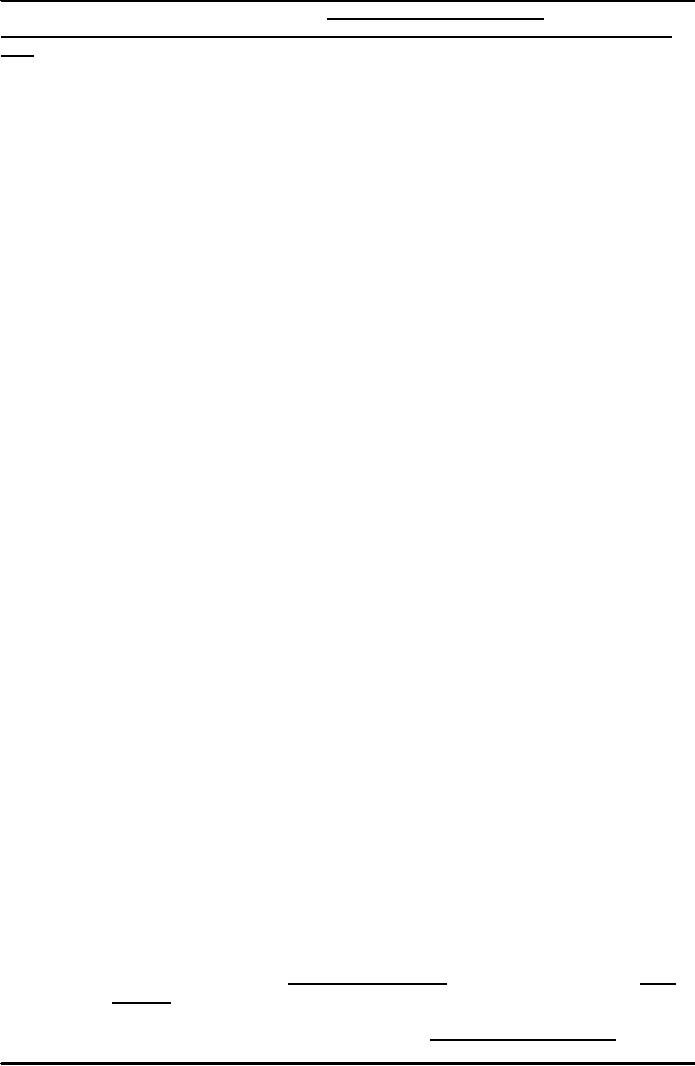
VU
Aim
for high quality. Carefully
check your spelling,
mechanics, and grammar. Employers
and
complaining
about the declining quality of written communication,
including cover letters.2
typs of cover
letter
Two
Types of Job
Letters
Solicited
application letter is in response to an
announced job opening
you'll usually know
what
qualifications
the organization is seeking. You'll also
have more competition
because hundreds of other
job
seekers
will have seen the listing
and may be sending applications
too.
·
I
would like to apply for the
position of Accountant advertised is
Sunday's The News.
·
Please
consider me a candidate for the
Account Assistants position
advertised in Yesterday's
"The
Dawn".
In
the October 31 issues of the Daily
Post, you ad mentioned "proven
skills". I believe I have what
you are
looking
for in an administrative assistant. In
addition to experience in a variety of
office settings, I am
familiar
with the computer software used in
your office.
An
unsolicited letter is sent to an organization
that has not announced an
opening stands a better
chance
of being read and receiving
individualized attention.
You
should gains attention by focusing on the
needs of the employer.
If
there is a vacancy in your organization
for a competent Accountant, I may
please be considered a
candidate.
Mr.
Ahmed, the head of your marketing
department tell me that you
have an opening in your
office
for
an experienced computer programmer I
would like to apply for this
position.
I
understand that you are
looking for an experienced computer
programmer.
Both
solicited and unsolicited letters present
your qualifications similarly. The main
difference is in
the
opening paragraph. In a solicited letter,
you need no special
attention-getter because you
have been
invited
to apply. In an unsolicited letter, you
need to start by capturing the reader's
attention and
interest.Aida
Getting
Attention
Follow
the AIDA approach when writing you
application letter: attention, interest,
desire, action.
Like
your resume, your
application letter is a form of
advertising, so organize it as you would
a sales
letter:
Use
the AIDA approach,
Focus
on your audience,
Emphasize
reader benefits.
Make
sure your style project
confidence.
To
sell a potential employer on your
merits, you must believe in
them and sound as thought
you do.
An
Unsolicited Confident Opening
You
want retail clerks and managers
who are accurate,
enthusiastic, and experienced.
You want someone
who
cares about customer
service, who understands
merchandizing, and who can
work with others to
get
the
job done. When you're ready
to hire a manager trainee or a clerk
who is willing to work
towards
promotion,
please consider me for the
job.
The
opening of an application letter
captures attention, gives the
reason you're writing, and
states
which
job you're applying
for.
Open
a solicited application letter by
mentioning how you found
out about the
position.
161
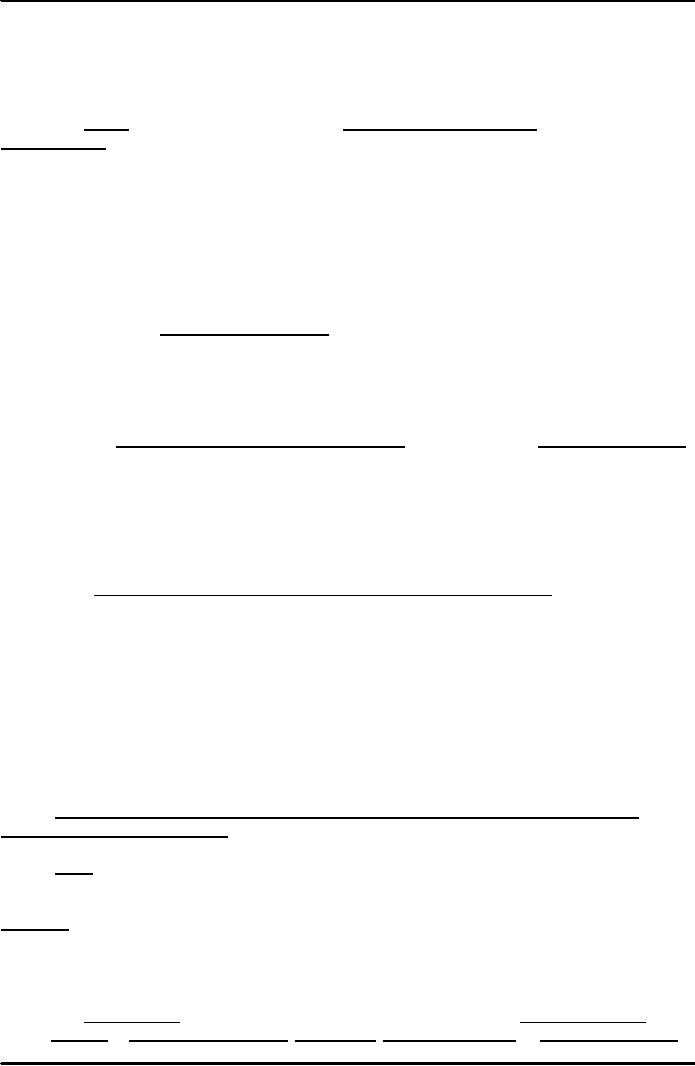
VU
Please
consider my application for an
entry-level position in technical
writing. Your firm
advertised a
position
(on September 23, 2006, in
the New Sun). With my two
years experience, won't you
consider me
for
that position?
Building
Interest and Increasing
Desire
The
middle section of your application
letter presents your
strongest selling, points in
terms of their
potential
benefit to the organization, thereby building
interest in you and creating
a desire to interview you.
·
The
middle section of an application
letter
·
Summarized
your relevant qualifications
·
Emphasized
your accomplishments
·
Suggests
desirable personal
qualities
·
Justifier's
salary requirements
·
Refers
to your resume
Unsolicited
Application Letters
Show
how your strongest skills
will benefit the organization. A 20 years
old his/her third year
of
college
might begin like
this:
When
you need a secretary in your
export division who can
take shorthand at 125 words a
minute
and
transcribe notes at 70 in English,
Urdu or Portuguese call
me.
Describe
your understanding of the job's requirements
and then show how
well your qualifications
fit
them.
·
Mention
the name of a person known to
and highly regarded by the
reader
When
Ahmad Hassan of your
franchise sales division
spoke to your business communication
class
last
week, he said you often
need promising new marketing graduates at
this time of year.
·
Use
a question to demonstrate your understanding of the
organization's need.
Can
your fast-growing market research
division use an interviewer
with 1˝ years of field
survey
experience,
a B.A in public relations,
and a real desire to
succeed? If so, please
consider me for the
position.
Solicited
Application Letters
Identify
the publication in which the ad ran;
then describe what you have
to offer
You
ad in the April issue of Travel &
Leisure for a cruise-line
social director caught my
eye. My
eight
years of experience as a social
direction in the travel industry would
allow me to serve your
new
Caribbean
cruise division well.
Spell
out a few of your key
qualification, and back up
your assertions with some
convincing
evidence
of your ability to
perform:
Poor:
I
completed three college
courses in business communication,
earning an A in each
course,
and
have worked for the past
year at Imperial
Construction
Improved:
Using the skills gained from
three semesters of college
training in business communication,
I
developed
a collection system for
Imperial Construction that reduced
its 2001 bad-debt losses by
3.7
percent,
or Rs. 90,000, over those of
2000. instead of using
timeworn terminology, the new
system's
collection
letters offered discount incentives
for speedy payment.
The
middle of your application
letter also demonstrates a few
significant job-related qualities,
such
as
your diligence or your
ability to work hard, learn
quickly, handle responsibility, or
get along with
people:
162
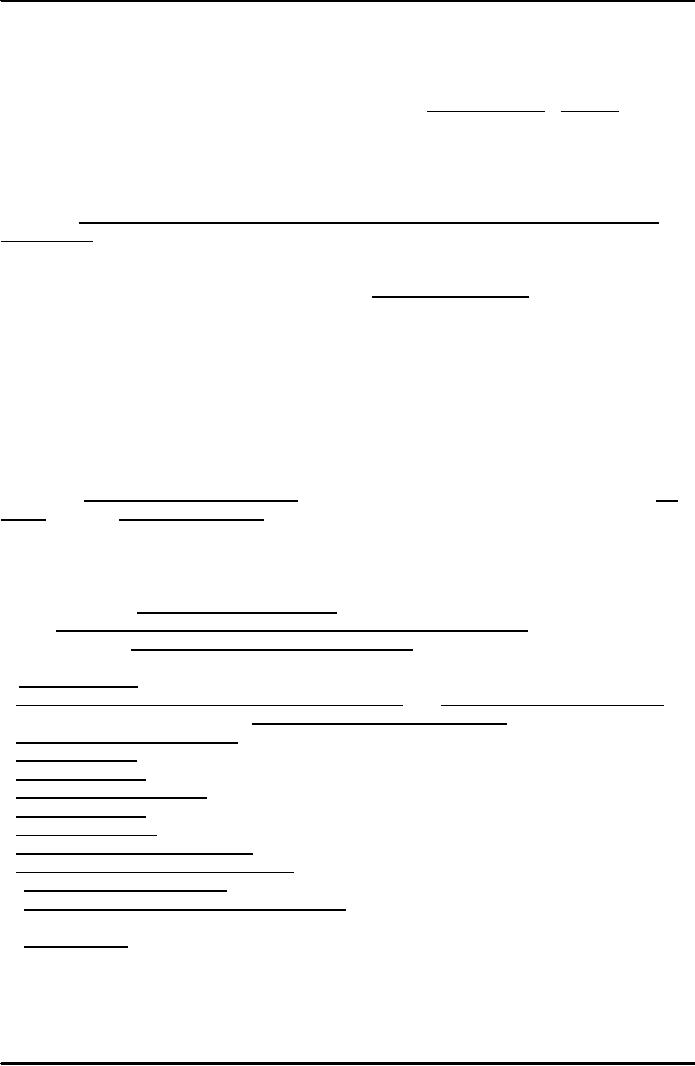
VU
While
attending college full-time, I trained 3
hours a day with the varsity track
team. In addition, I
worked
part-time during the school
years and up to 60 hours a
week each summer in order to
be totally self-
supporting
while in college. I can
offer you organization the same level of
effort and
perseverance.
Another
matter you might bring up in
this section in your salary requirement
but only if the
organization
has asked you to state
them.
For
the past two years. I have
been helping a company
similar to yours organize
its database. I
would
therefore like to receive a salary in the
same range over twenty
for helping your company
set up a
more
efficient customer
database.
Toward
the end of this section, refer the reader
to your resume by citing a
specific fact or general
point
covered
there:
Motivating
Action
The
final paragraph of your
application letter has two
important functions:
to
ask the reader for a
specific action and to make a reply
easy. In almost all cases,
the action you request is
an
interview. Don't demand it,
however; try to sound natural.
After
you have reviewed my qualifications,
could we discuss the possibility of
putting my marketing skills to
work
for your company? Because I
will be on spring break the week of
March 8, I would like to
arrange a
time
to talk then. I will call in
late February to schedule a convenient
time when we would
discuss
employment
opportunities at your
company.
Adapting
Style and Approach to
Culture
The
AIDA approach isn't appropriate for
job seekers in every culture. If you're
applying for a job
abroad
or want to work with a subsidiary of an
organization based in another country,
you may need to
adjust
your tone.
Guideline
for Writing Applications
Letters
A.
Attention (opening paragraph)
1.
Open the letter by capturing the reader's
attention in a businesslike
way.
2.
Use a summary, name, source,
question, news, personalized, or
creative opening.
3.
State that you are
applying for a job, and
identify the position or the type of work
you seek.
B.
Interest and desire, or
evidence of qualifications (next several
paragraphs)
1.
Present your key qualifications
for the job, highlighting what is on
your resume: job-related education
and
training;
relevant work experience; and
related activities, interests,
and qualities.
2.
Adopt a mature, businesslike
tone.
3.
Eliminate boasting and
exaggeration.
4.
Back up your claims by
citing specific, achievements in
educational, work, and
outside settings.
5.
Demonstrate your knowledge of the organization by
citing its operations or trends in the
industry.
6.
Link your education,
experience, and personal
qualities to the job
requirements.
7.
Relate aspects of your
training or work experience to
those of the target
position.
8.
Outline your educational preparation
for the job.
9.
Provide evidence that you
can learn quickly, work
hard, handle responsibility,
and get along with
others.
10.
Show that you possess
personal qualities and work
attitudes that are desirable
for job performance.
11.
If asked to state salary
requirements in your letters,
state current salary or a desired
salary range, and
link
it
to the benefits of hiring you.
12.
Refer the reader to the enclosed
resume.
C.
Action (Closing Paragraph)
163
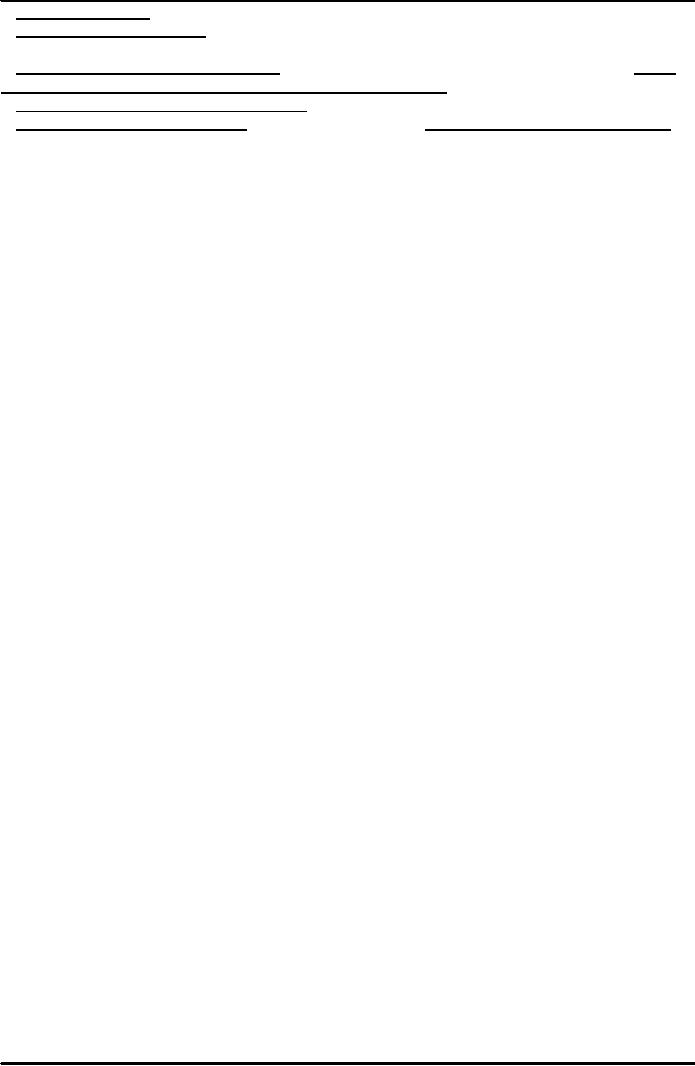
VU
1.
Request an interview at the reader's
convenience.
2.
Request a screening interview
with the nearest regional representative,
if company headquarters is
some
distance
away.
3.
Make it easy to comply with
your request by providing
your phone number (with area
code) and stating
the
best time to reach you, or mention a time
when you will be calling to
set up an interview.
4.
Express your appreciation for an
opportunity to have an
interview.
5.
Repeat your strongest
qualification, to reinforce your claim
that you can contribute to
the organization.
164
Table of Contents:
- COMMUNICATION:Definition of Communication, Communication & Global Market
- FLOW OF COMMUNICATION:Internal Communication, External Communication
- THEORIES OF COMMUNICATION:Electronic Theory, Rhetorical Theory
- THE PROCESS OF COMMUNICATION & MISCOMMUNICATION:Message
- BARRIERS IN EFFECTIVE COMMUNICATION /COMMUNICATION FALLOFF
- NON- VERBAL COMMUNICATION:Analysing Nonverbal Communication
- NON- VERBAL COMMUNICATION:Environmental Factors
- TRAITS OF GOOD COMMUNICATORS:Careful Creation of the Message
- PRINCIPLES OF BUSINESS COMMUNICATION:Clarity
- CORRECTNESS:Conciseness, Conciseness Checklist, Correct words
- CONSIDERATION:Completeness
- INTERCULTURAL COMMUNICATION
- INTERCULTURAL COMMUNICATION:Education, Law and Regulations, Economics
- INDIVIDUAL CULTURAL VARIABLES:Acceptable Dress, Manners
- PROCESS OF PREPARING EFFECTIVE BUSINESS MESSAGES
- Composing the Messages:THE APPEARANCE AND DESIGN OF BUSINESS MESSAGES
- THE APPEARANCE AND DESIGN OF BUSINESS MESSAGES:Punctuation Styles
- COMMUNICATING THROUGH TECHNOLOGY:Email Etiquette, Electronic Media
- BASIC ORGANIZATIONAL PLANS:Writing Goodwill Letters
- LETTER WRITING:Direct Requests, Inquiries and General Requests
- LETTER WRITING:Replies to Inquiries, Model Letters
- LETTER WRITING:Placing Orders, Give the Information in a Clear Format
- LETTER WRITING:Claim and Adjustment Requests, Warm, Courteous Close
- LETTER WRITING:When The Buyer Is At Fault, Writing Credit Letters
- LETTER WRITING:Collection Letters, Collection Letter Series
- LETTER WRITING:Sales Letters, Know your Buyer, Prepare a List of Buyers
- MEMORANDUM & CIRCULAR:Purpose of Memo, Tone of Memorandums
- MINUTES OF THE MEETING:Committee Members’ Roles, Producing the Minutes
- BUSINESS REPORTS:A Model Report, Definition, Purpose of report
- BUSINESS REPORTS:Main Features of the Report, INTRODUCTION
- BUSINESS REPORTS:Prefatory Parts, Place of Title Page Items
- MARKET REPORTS:Classification of Markets, Wholesale Market
- JOB SEARCH AND EMPLOYMENT:Planning Your Career
- RESUME WRITING:The Chronological Resume, The Combination Resume
- RESUME & APPLICATION LETTER:Personal Details, Two Types of Job Letters
- JOB INQUIRY LETTER AND INTERVIEW:Understanding the Interview Process
- PROCESS OF PREPARING THE INTERVIEW:Planning for a Successful Interview
- ORAL PRESENTATION:Planning Oral Presentation, To Motivate
- ORAL PRESENTATION:Overcoming anxiety, Body Language
- LANGUAGE PRACTICE AND NEGOTIATION SKILLS:Psychological barriers
- NEGOTIATION AND LISTENING:Gather information that helps you
- THESIS WRITING AND PRESENTATION:Write down your ideas
- THESIS WRITING AND PRESENTATION:Sections of a Thesis (Format)
- RESEARCH METHODOLOGY:Studies Primarily Qualitative in Nature
- RESEARCH METHODOLOGY:Basic Rules, Basic Form, Basic Format for Books